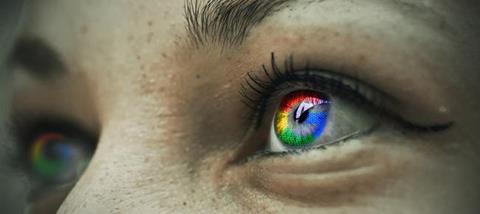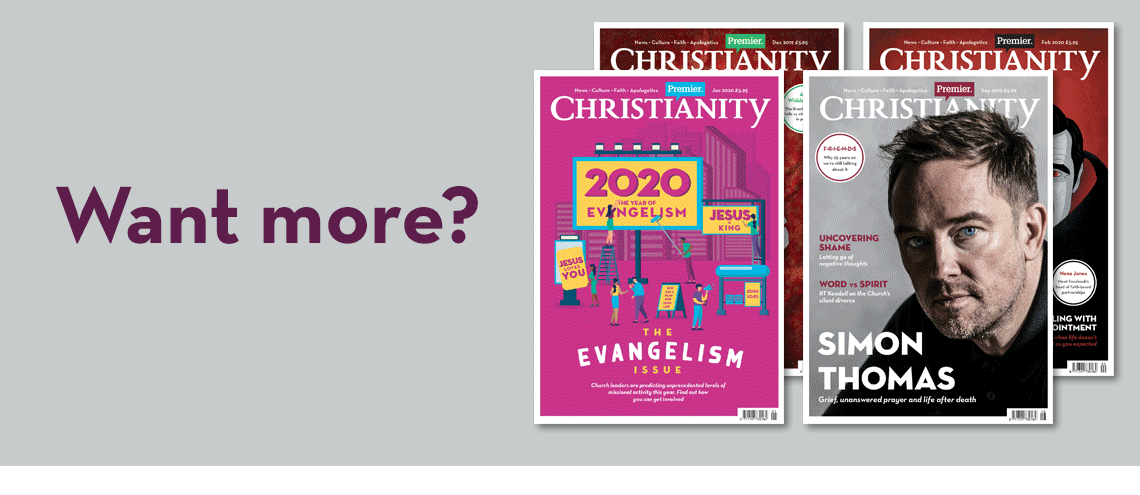
The tweet lazily dropped into view on my cramped 13-inch screen, causing my eyes to flick away from the document I was busy working on.
"A fantastic way to end our year #not. Whilst I can remember more boring times here, this event definitely matches it!"
I looked up at the clock. The final session had 15 minutes to run, and knowing the individual, they would likely be sitting at the back of the hall, ready to make a sharp exit. I sent a direct message to the person: "Could you remove your last tweet? Thanks."
A response came in moments later. "I have removed. My apologies for any offence caused!"
On my way to speak to the offender at the end of the session, I predicted a very defensive reaction. I was right.
To that person’s credit, they came back to apologise later for their response – as is so often the case, far more was going on under the surface that led to both the potentially defamatory tweet and the angry response to challenge.
I have dealt with far worse.
In truth, I choose not to challenge many tweets and posts that appear within my spheres of influence, because of the relentless negativity, potential hostility, and energy-sapping investment for little return.
Greg Lukianoff and Jonathan Haidt, in their excellent book, The Coddling of the American Mind suggest social media has created a “callout culture”; anyone can be publicly shamed for saying something well intentioned that someone else interprets uncharitably.
Just look at the aggression and social manipulation on both sides of the David Robertson / Vicky Beeching Twitter-storm over her book, Undivided, that led to Robertson's Twitter account @theweeflea, being banned. Think twice about every word you use. The bar for offence is at an all-time low and you never know if someone will be offended and publicly shame you for it!
We could be tempted to pull out of the fast lane, much as Lewis Hamilton did when he purged his Twitter and Instagram accounts following being targeted for a ‘gender-shaming’ comment about his nephew wearing a princess dress. Keep your head down, feel sympathy for those under attack – even direct-message your support – but say nothing publicly for fear of being isolated. I want to advocate a different approach, even if I sometimes find myself "doing a Lewis" and keeping below the parapet.
Digitally subhuman
I want to suggest that many of our social media platforms actually attack our humanity if we let our guard down.
Subhuman conditions in the most technologically developed environment in human history seems a strange juxtaposition of concepts, one drawing on an ugly narrative of poverty, war and oppression; the other reaching towards transcendental utopia if you believe its own hype. (See Facebook’s official advert and the Facebook manifesto). Yet I think it holds up.
Our current digital environment struggles to facilitate true humanity, because people are not truly seen or heard.
In Jesus we see the perfect image of God – one who empathises with us, “tempted in every way, just as we are – yet without sin” (Hebrews 4:15). We often talk about growing as disciples of Christ, but the pursuit can become highly individualistic when we forget that God must be understood as three persons in relation. So to fully understand what it means to be human is to go beyond looking at character in just an individualistic sense of becoming more like Christ, and explore the nature of the relationships identified in Genesis 1:26-27, John 14:20 and 2 Corinthians 5:17. Ray Anderson goes as far as to say that the image of God “is not totally present in the form of individual humanity, but more completely as co-humanity.” It’s not, therefore, simply about improving how we speak with one another as individualistic, “atomised” lives, but about reconsidering the basis of our relationships.
Towards a more human digital ecosystem
Digital media serves us best when we move from communication towards communion with one another.
What does this mean?
1. Where possible, get to know the other before we disagree.
Twitter is not teaching us how to disagree or challenge appropriately. So hold back that comment, response or blog post and reach out to the other. This doesn’t prevent conflict but frames it in relationship. Jesus never said, “Blessed are the bland, for they will never upset anyone.” In fact, the Bible does give us an image where conflict (from the French “to strike against”) is healthy. Proverbs 27:17 deconstructs some of the fear surrounding it: “As iron sharpens iron, so one person sharpens another.” However, outside of the context of relationship, iron is unmalleable, and disfigures human tissue. The issue is hearing and seeing the other. The digital platform is rarely the best location for the disagreement, encouraging quick-fire responses and immediacy over careful reflection and conversation that a decent coffee can facilitate.
2. Remember the image of God
Recognise that in our interactions with other Christians, we do not simply encounter and respect the image of God in them. Rather, the image of God is seen more fully together. You extend my capability to reflect the image of God, and I, yours.
In relation to those who are not in Christ, we recognise the divine stamp, and should work to demonstrate a different experience of humanity than they are used to. Often our platforms expose the differences between Christians and mask the things that unite us.
3. Speak out about the abuses we see
We have seen recently the CEOs of the major platforms under pressure, being challenged to change how they handle data, respond to issues such as self-harm, and freedom of speech. Now is the time to weigh in on the shape and limitations of the digital platforms, as denominations, Christian organisations, and individuals. We can speak out about the abuses that are so common, raise greater public awareness and seek lasting change.
Daniella Zsupan-Jerome suggests that “when communication technology isolates instead of connects, divides instead of unites, and raises boundaries instead of building bridges, [Christians] have prophetic roles to recall the standard of persons in relationship.”
True humanity
There’s a hope that the next wave of digital platforms will not simply silence dissident voices through a call-out culture, or limit freedom of speech, but promote greater understanding of those we interact with.
There are tensions with removing the protection of anonymity – for some the digital veil is a vital life-line when persecuted, and there is an overriding concern about the use of personal data (Facebook knows me as Andy Youthwork, born on 1st Jan, but Twitter knows me as @andydufeu), but technology has the potential to help us encounter a greater fullness of true humanity. As the digital village grows, some of our circles need to shrink too, capturing more of what it is to be human – to know and be known.
Andy du Feu is Vice-Principal (Academic) at Moorlands College, and teaches a specialist MA module on digital media and theology.






























